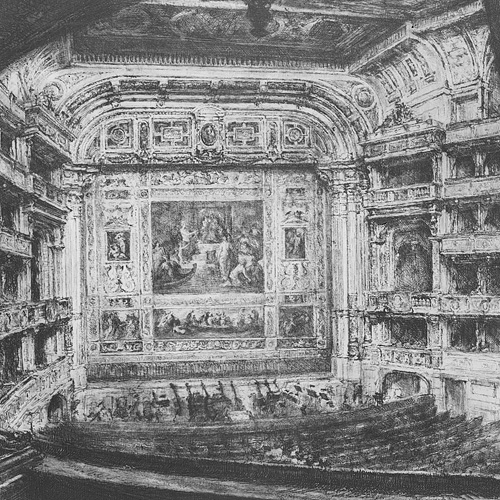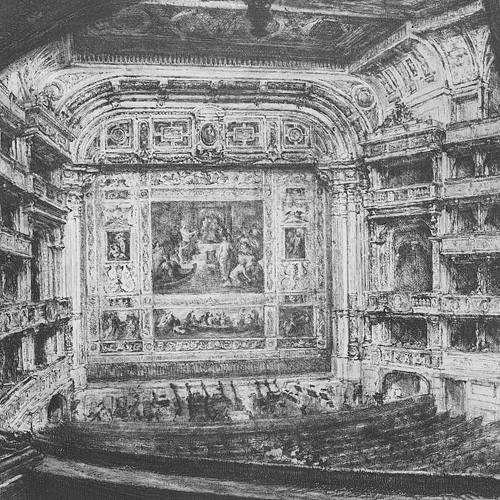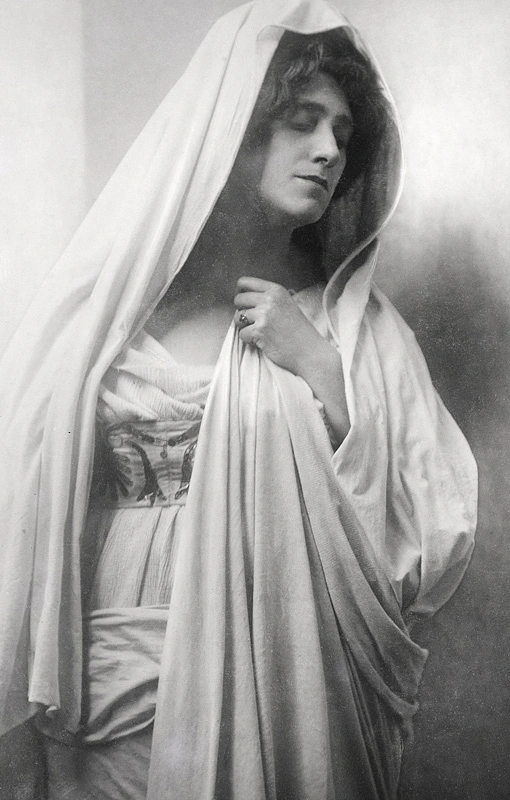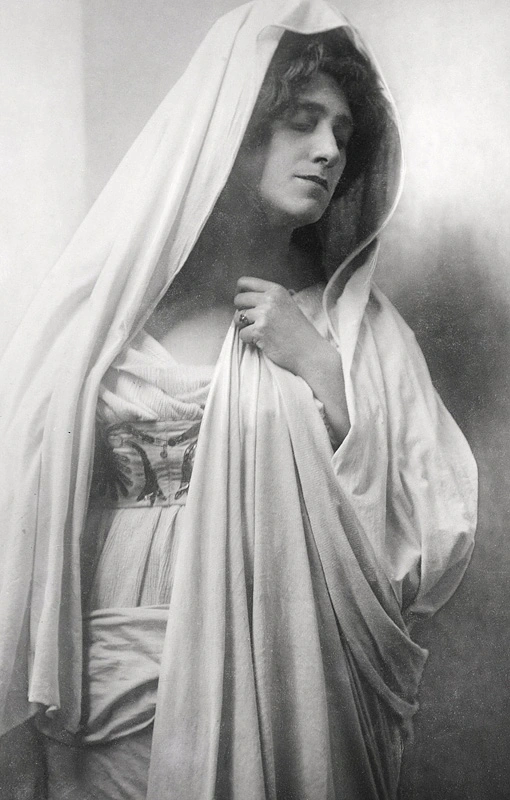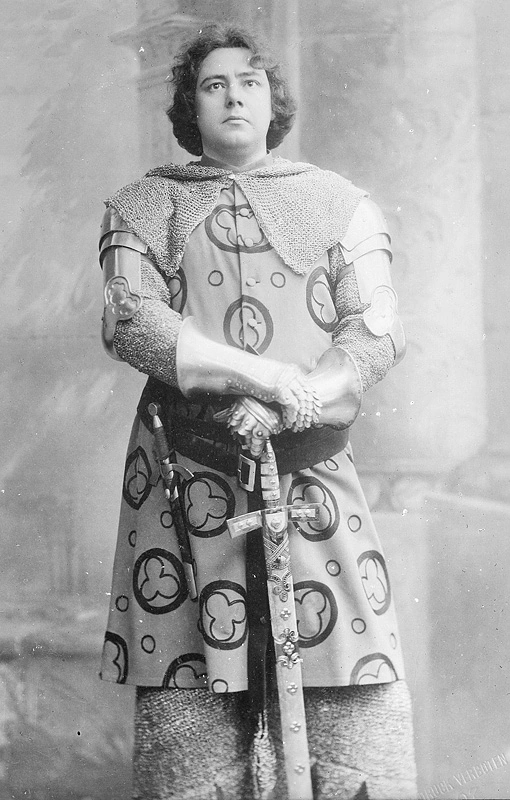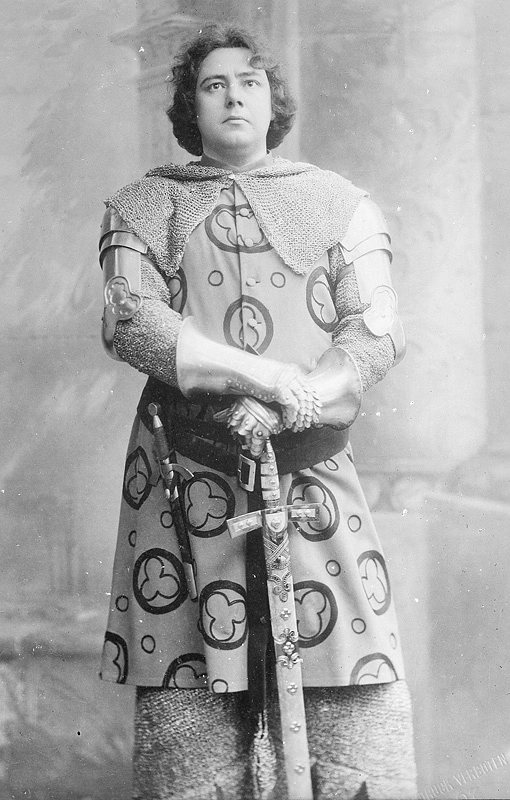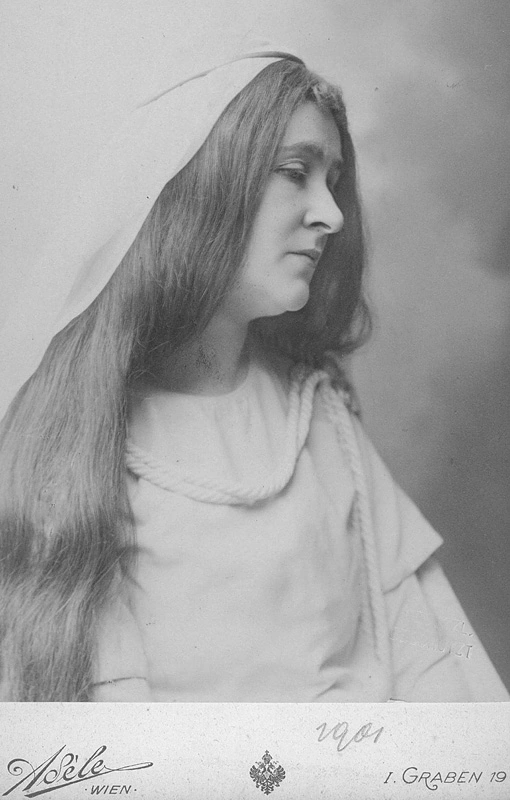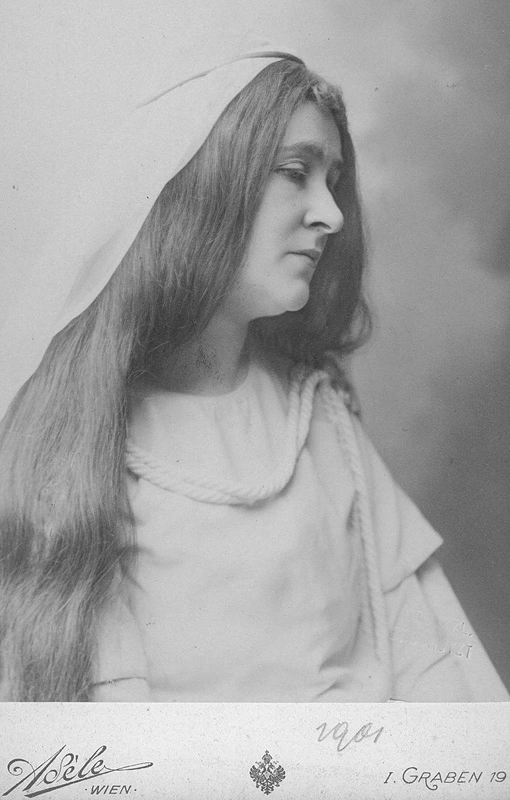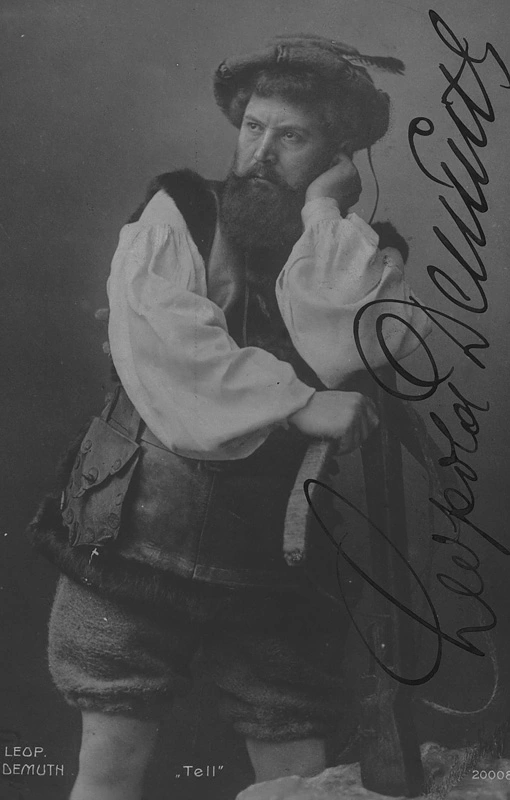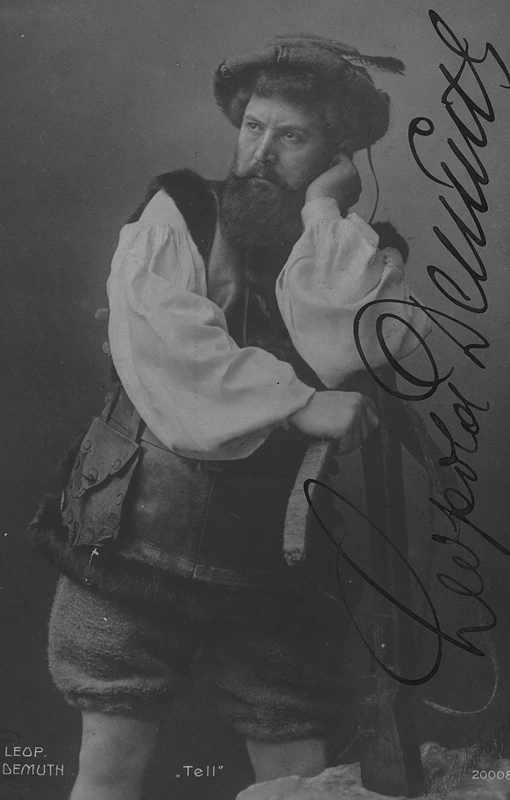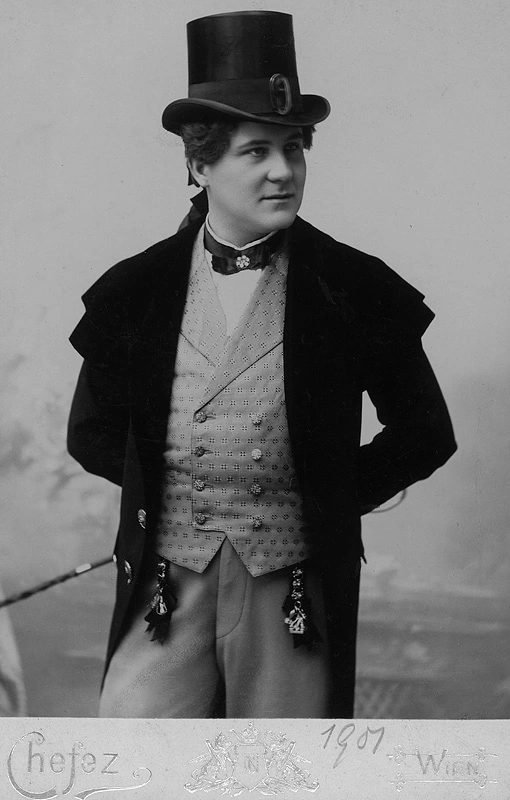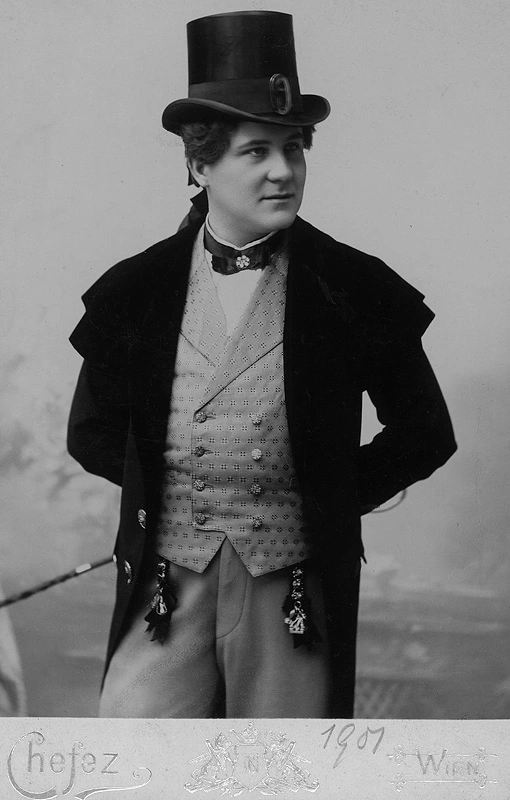The beginning
Over the first four seasons of his tenure, Gustav Mahler conducted more than 300 performances, including 25 revival performances, new productions, re-stagings, premieres or world premieres. In his early years at the Court Opera, both his workload and his determination to exercise creative control were nothing short of formidable. As the writer and journalist Karl Krauss noted on 16 May 1897, “The new conductor is believed to have demonstrated his drive and determination so effectively that people are already busy plotting against him.”
The mark Gustav Mahler left on the opera as a composer was every bit as indelible as the one he left as its director. As the writer and critic Felix Salten said in 1924, “The magic of these performances was that you always felt you were under the inescapable spell of a truly great figure.” Richard Wagner provided the core of Mahler's repertoire as a conductor. It was under Mahler that Wagner's Ring Cycle was performed in full for the first time, in 1898.
Die Königin von Saba (The Queen of Sheba)
Der Freischütz (The Marksman)
Die lustigen Weiber von Windsor (The Merry Wives of Windsor)
Oberon
Die Walküre (The Valkyrie)
Among the new recruits to the ensemble in Mahler's early years as director, the sopranos Selma Kurz and Anna von Mildenburg and the heroic tenor Erik Schmedes stand out. They committed themselves to Mahler's artistic vision and soon became audience favourites. “He [Mahler] is a director and a conductor a singer can trust implicitly. I don't look at him when he is conducting, but the feeling that he is there conducting supports the singer and protects them all possible perils. Mahler is a severe critic … but that means you are entitled to be delighted when he praises you.” (Erik Schmedes, 1904).
Götterdämmerung (Twilight of the Gods)
Götterdämmerung (Twilight of the Gods)
Die Königin von Saba (The Queen of Sheba)
Mahler saw opera as an integral art form that encompassed all a production's component parts. Accordingly, he devoted his attention to direction and set design as well as music, and worked hard with his singers on every detail of their musical and acting performances. “Working with Mahler during rehearsals was wonderful. His determination and enthusiasm forced you to summon up your very best and give it everything you had. Every rehearsal left him drained and exhausted, too.” (Selma Kurz, 1921)
Un Ballo in Maschera (A Masked Ball)
Ernani
Der Fliegende Holländer (The Flying Dutchman)
Some of Mahler's reforms, such as his decision to abolish the claque (a group of professional applauders that singers were required to join) or making latecomers wait until intervals before allowing them into the auditorium, proved controversial among the public, and tended to overshadow some of his more significant achievements as director.
Tannhäuser
Ernani
Mignon
Les contes d’Hoffmann (The Tales of Hoffmann)

